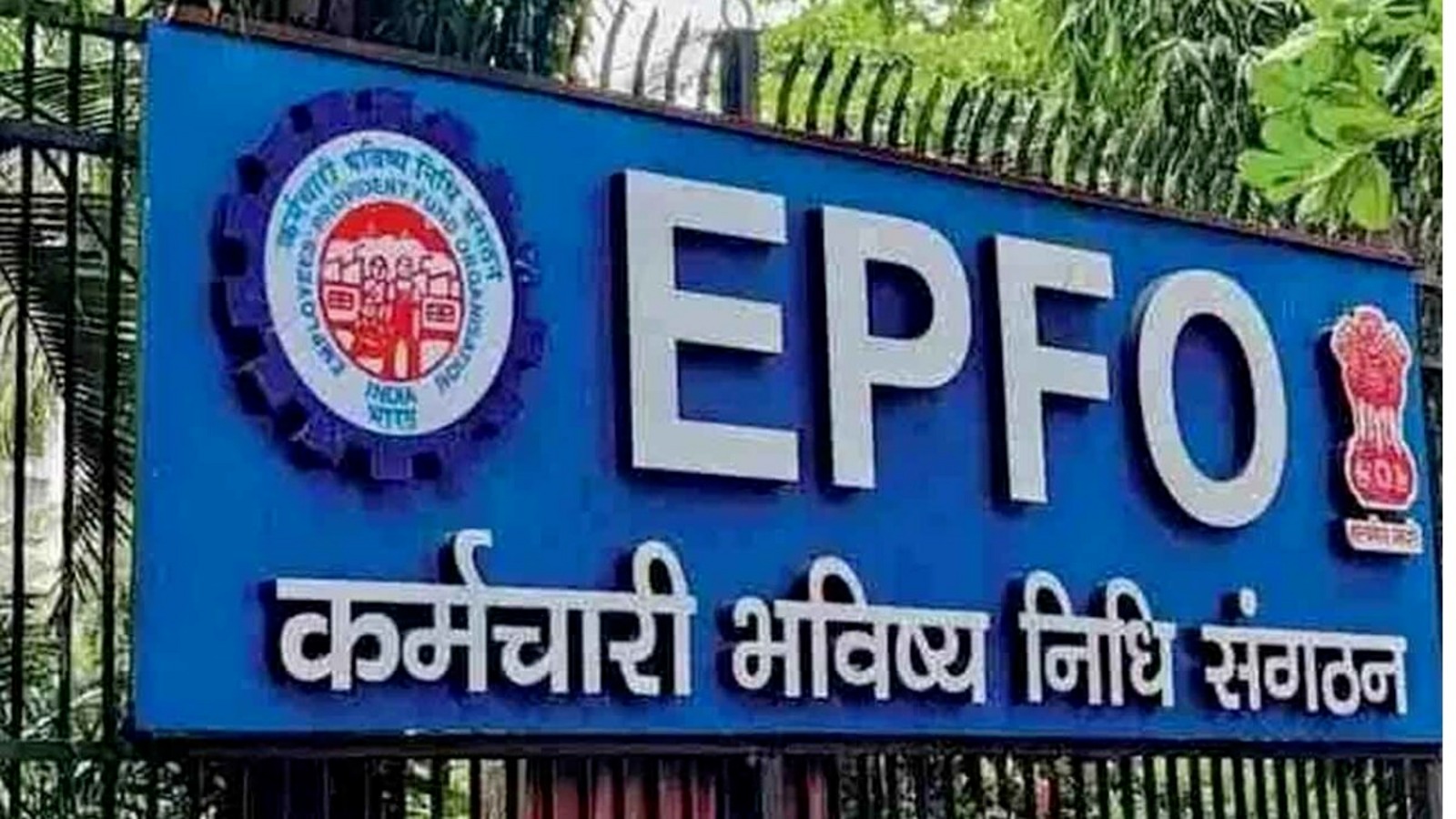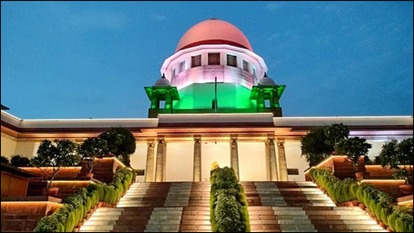M. Madhavan Nair, J.@mdashThe appellant herein is the Irinjalakuda Municipality. At a meeting held on May 28, 1946 (14-10-1121) the Municipal Council resolved to select a site in a less populated area and to shift thereto the cremation ground situated in the plaint schedule property. The resolution was published in the Cochin Government Gazette dated Edavam 25, 1121 thus:
Though the Government did not approve the resolution in the first instance, on February 5, 1948, it passed the proceedings,
In 1121 Government had an occasion to examine in detail the question of shifting the Hindu cremation ground of Irinjalakuda Municipality from its present location to Sy. No. 851 in ward No. 3 of the town. There were loud complaints about its existence in a crowded Christian locality. Its existence there does not also give convenience to Brahmins and other Hindu residents of the locality. The Municipal council also had resolved then to the effect that it should be removed to a more convenient site. But the Director of Public Health was persisting that it should not be removed and ultimately, therefore, Government dropped the proposal.
Complaints are being received now also about the nuisance caused by the present creamation ground. Government think that the best solution will be to find out a suitable place for cremation of Brahmins and other Hindus, at a site close to the Brahmin and other Hindu quarters..........The Diwan Peishkar (the Collector) is therefore requested to find out a place in consultation with the chairman and commissioner of the Irinjalakuda Municipality and report to Government. After fixing the site, acquisition proceedings can be taken. (Ext. 1).
Again on April 1, 1948, Government ordered,
The attention of the Diwan Peishkar is invited to the Government Proceedings read above regarding the nuisance caused by the present Hindu cremation ground in Sy. No. 851 in Ward No. 3 of Irinjalakuda Municipality. The Government are of opinion that this long standing question of shifting the Brahmin cremation ground from its present locality should be solved, once for all. The Minister for Revenue had invited some representative Brahmins of the locality for a discussion and local inspection. In the company of Messrs. K. M. Narayana Iyer, R. Sangameswara Iyer, P. Ramanarayana Iyer, N. S. Ramakrishna Iyer, Ganapathy Vadhiyar and a retired Headmaster of Irinjalakuda (a Brahmin Gentleman), and along with the Municipal Chairman, Commissioner and the Revenue Inspector, the Minister inspected on 18th March 1948 an alternative site suggested by the Revenue Department and the Municipal Commissioner..............That site was found to be acceptable to the Brahmins....................The Diwan Peishkar is therefore requested to start acquisition proceedings in consultation with the Municipal Commissioner. The matter should be treated as very urgent............ (Ext. IV).
Five years after, on June 2, 1953, the Municipal Council passed a resolution, evidenced by Ext. LIX, appropriating funds for the acquisition of the land thus chosen. Matters having proceeded thus far, the present suit was instituted on August 3, 1953, for a declaration that the Brahmins of the locality, inclusive of the plaintiffs, are entitled to have dead bodies cremated in the plaint schedule property, that the Municipality is not competent to shift the same to any other place and that the decision to spend municipal funds for the acquisition of an alternative site is ultra vires the Council and for a permanent injunction restraining the municipality from shifting the cremation ground from its present location or spending amounts for acquiring a new site for the same. The municipality contended that its actions are intra vires, that the site chosen for the location of the cremation ground was agreed to by the Brahmin inhabitants of the municipality and that the plaintiffs have no cause of actions. The Munsiff decreed the suit declaring that the resolution of May 28, 1946, to shift the cremation ground was illegal and restraining the municipality from closing down the cremation ground at the plaint schedule property. On appeal by the municipality, the Subordinate Judge confirmed the abovesaid decree confining the declaration in favour of plaintiffs to a right to use the plaint schedule property as a cremation ground and the injuction against the defendant not to close the existing cremation ground "except under due exercise of the statutory power vested in and conferred upon the municipality." This second appeal by the municipality is against the aforesaid decree.
Though the resolution dated May 28, 1946, used the word ''decided'', a close reading of the entire resolution indicates that it amounted only to a proposal. The decision in the resolution is only to select a piece of land at a less crowded area for the new location of the cremation ground, to acquire the same and then to take proceedings to close down the present cremation ground. There is no magic in the word ''decided'' in the resolution when it has been indicated clearly therein that the municipality is yet to find out the land for the location of an alternative cremation ground. Section 292 of the Cochin Municipal Act provides :292-(1) If the Council is satisfied--
(a) that any registered or licensed place for the disposal of the dead is in such a state or situation as to be or to be likely to become dangerous to the health of persons living in the neighbourhood thereof, or
(b) that any burial ground is over-crowded with graves,
and if in the case of a public burial or burning ground or other place as aforesaid, another convenient place duly authorised for the disposal of the dead exists or has been provided for the persons who would ordinarily make use of such place,
it may, with the previous sanction of the Government, give notice that it shall not be lawful after a period to be named in such notice to bury, burn or otherwise dispose of any corpse at such place.
(2) Every notice given under sub-section (1) shall be published in the Cochin Government Gazette and by beat of drum.
(3) After the expiry of the period named in such notice it shall not be lawful to bury, burn or otherwise dispose of a corpse at such place.
It is therefore within the powers of the Municipal Council to take steps to close down a cremation ground if it is satisfied that it is likely to become dangerous to the health of the persons living in the neighbourhood and if alternative amenities have been provided for cremating the dead. It is not contended by the plaintiffs that the municipality has ever attempted to close down the present cremation ground. On the other hand it is clearly averred in the plaint that so late as June 4, 1953 the Council has resolved only to appropriate funds for the acquisition of a piece of land for the construction of another cremation ground. It then follows that the threat to close down the present cremation ground has not become real or proximate and the notice with the previous sanction of Government prohibiting cremation at the plaint schedule ground remains in far off contemplation only. In
2. It is pertinent to observe that the injunction that has been granted by the Subordinate Judge is only that the municipality should not close the existing cremation ground "except under due exercise of the statutory power vested in and conferred upon the municipality under the municipal Act." How the municipality could be aggrieved by such an innocuous injunction passes beyond my comprehension. In the circumstances, the appeal is allowed and the suit dismissed with costs to the defendant Municipality in the court of first instance only. The parties shall suffer their costs in this Court and in the lower appellate court.

